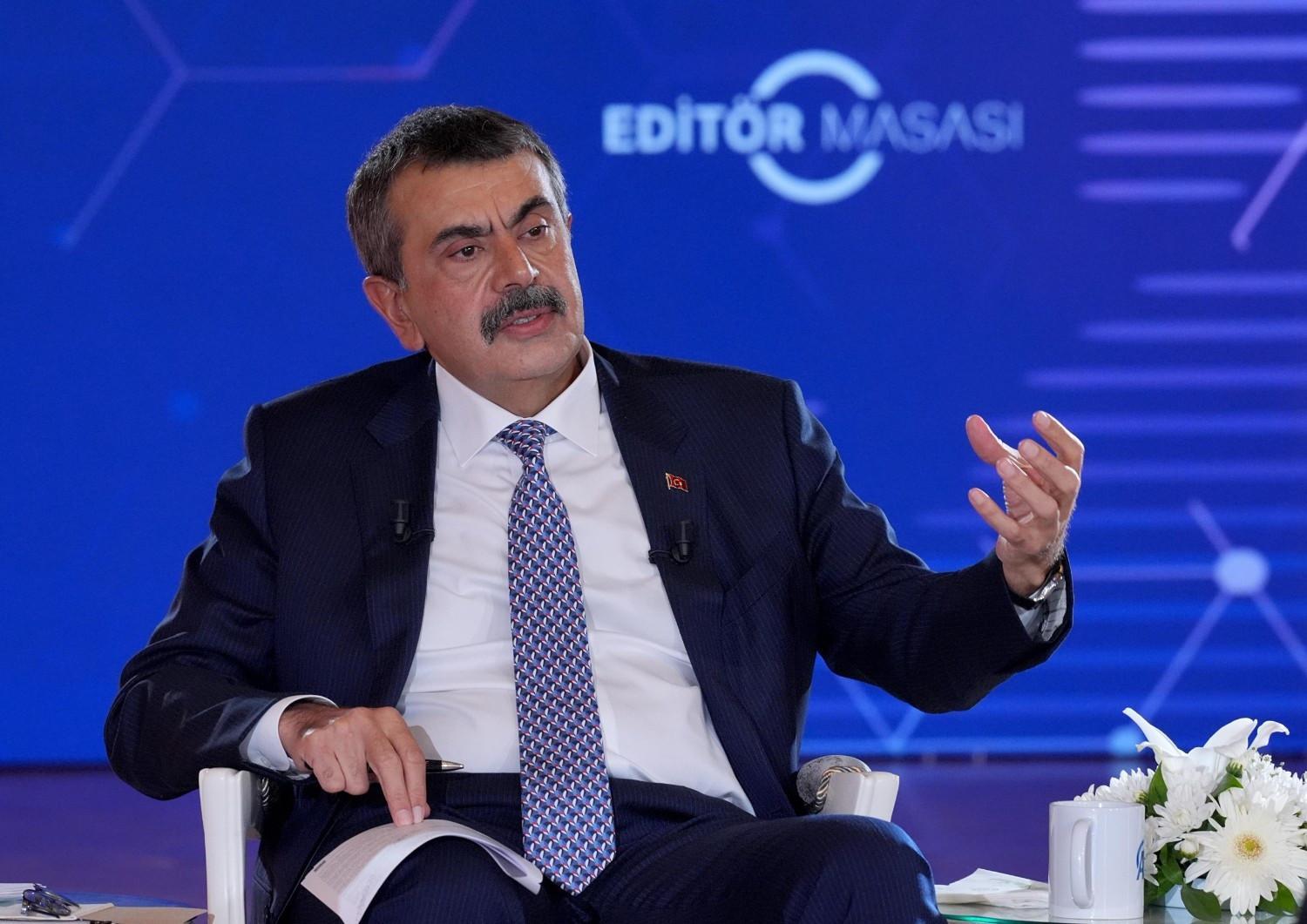
Türkiye’s Education Ministry has confirmed that the government is reviewing the country’s 12-year compulsory education system, following growing public debate and widespread calls for reform.
“The 12-year compulsory education should be debated. Eight years of uninterrupted education is undemocratic. A public consensus has largely formed in favor of reducing the duration of the 12-year compulsory education, and we plan to make this revision,” the Education Minister Yusuf Tekin said in an interview with the state-run Anadolu Agency.
Türkiye’s current system was introduced in 2012, extending compulsory education from eight to 12 years and dividing it into three stages: Four years of primary school, four years of middle school and four years of high school.
Since its implementation, the system has faced criticism for being rigid, failing to accommodate diverse student interests and leading to overcrowded classrooms in high schools.
According to local media reports, among the proposals being debated are more flexible formats such as two years of compulsory high school education followed by two years of optional schooling, or three compulsory years with the final year tailored for university preparation or vocational training.
Some advise an age-based model, potentially ending compulsory education at age 16, or removing mandatory high school entirely.
At the interview, Tekin also addressed other school policies, noting that in Istanbul, schools will open on Sept. 8 later than normal, at 10 a.m., to ease traffic congestion.
He emphasized that school uniforms should be standardized to reduce inequality and prevent pedagogical issues, allowing students to wear the same clothing for four years without brand-specific requirements.
The minister clarified that no mandatory donations will be requested from parents, and service fees should be paid through official channels to ensure transparency.
On teacher appointments, Tekin said the ministry will continue to hire according to actual needs rather than maintaining the high numbers seen in previous years.